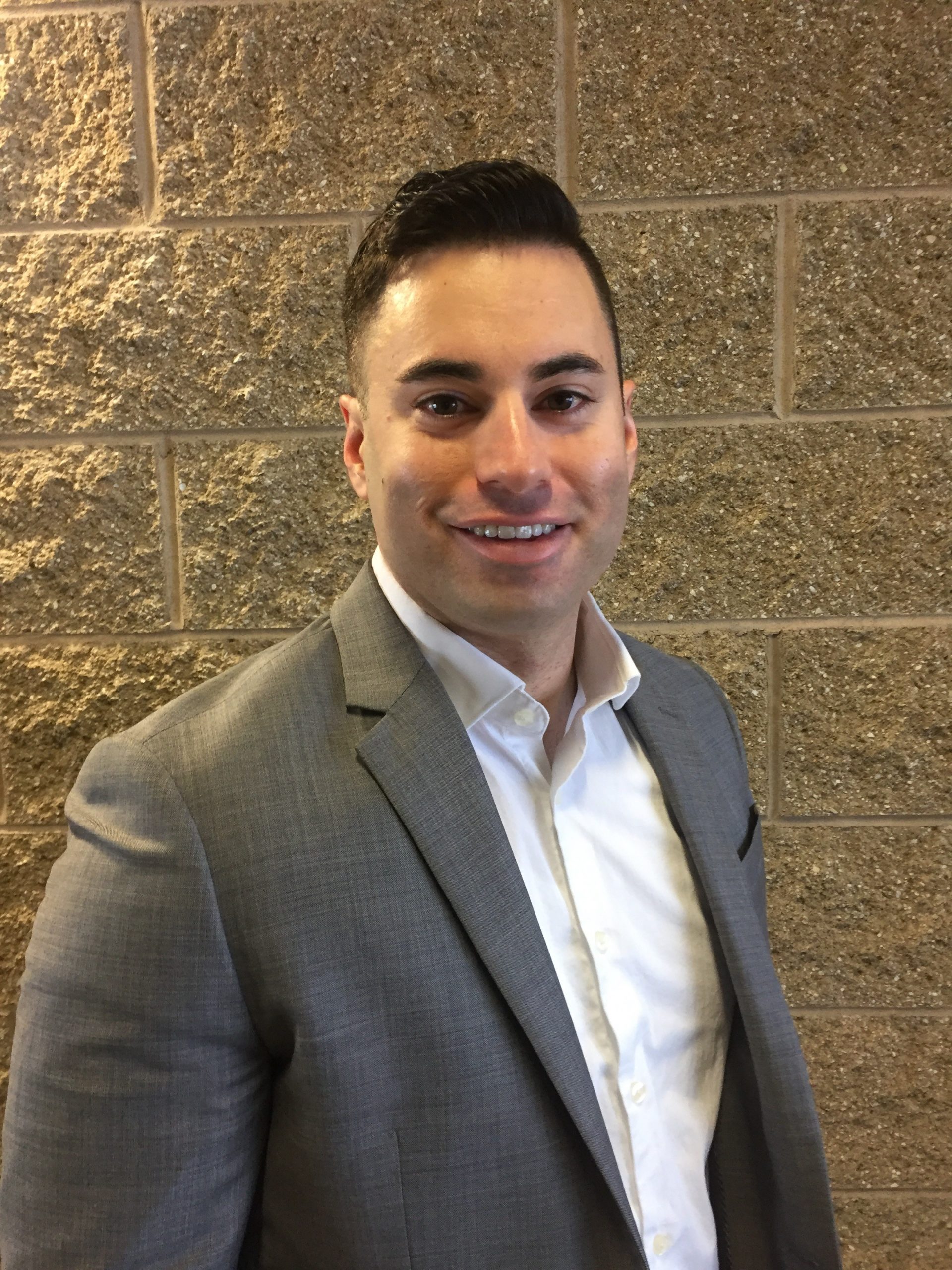Addiction treatment centers who want to connect with potential clients and save more lives can no longer rely on traditional marketing strategies alone. Print ads, word of mouth marketing, and local outreach are all still effective ways to reach your audience, but in this highly-competitive industry, these methods need to be supported with digital marketing.
More and more people are turning to the internet for information regarding addiction, its effects, and possible treatments. This is where you need to be. Digital marketing helps rehab centers reach addicted individuals and those who want to help them recover.
Digital marketing is definitely something you need to implement. But marketing addiction treatment services isn’t like marketing a new pair of shoes or a trendy app. It’s deeply personal, highly regulated, and targets vulnerable individuals. This means digital addiction treatment marketing services require a thoughtful, ethical, and strategic approach to succeed.
Here we will dive into what makes digital marketing for addiction treatment centers unique, explore the most effective strategies, and offer some tips for centers looking to expand their reach—while staying compliant and authentic. Let’s take a closer look.
Why Digital Marketing Matters for Addiction Treatment Centers
Addiction affects millions of people across the globe. According to the National Center for Drug Abuse Statistics, over 20 million Americans aged 12 and older have a substance use disorder (SUD). But despite the prevalence, many people don’t know where to turn for help—or they don’t trust what they find. Digital marketing helps break down that barrier.
Reach More People Faster
In today’s digital age, most people begin their search for addiction treatment online. Having a strong digital presence ensures your center is visible when individuals or their loved ones are urgently seeking help. Without it, you risk being overlooked by those who need your services most. Chances are, they’ll go for a rehab center that has a stronger online presence.
Build Trust and Credibility
Trust is everything in this industry. People won’t go to your rehab center if they don’t believe you have the capacity to help them. Through informative content, testimonials, and consistent online engagement, your treatment center can establish itself as a trustworthy and compassionate resource. A professional website, patient reviews, and educational resources help reassure potential clients that they’re in good hands.
Target Your Ideal Audience
Digital marketing platforms like Google Ads and Facebook allow you to deliver tailored messages to people based on their behaviors, location, and interests. This means you can reach those most likely to need your services, maximizing both the impact and efficiency of your outreach.
Track Performance
One of the biggest advantages of digital marketing is its measurability. You can track which campaigns drive the most inquiries or admissions, analyze costs, and continually refine your strategy to improve results and get the most out of your budget.
Educate the Public
Beyond promotion, digital marketing allows you to serve the community by sharing information on treatment options, recovery journeys, and ways to seek help. This content not only builds awareness—it can truly save lives by guiding people toward recovery.
Challenges of Marketing Addiction Treatment Services Online
Before we jump into specific strategies, it’s important to understand the unique challenges rehab centers face when marketing their services online. For starters, the industry itself is very sensitive because of the nature of addiction. The target audience is in a vulnerable state and you do not want to promote your services just for the sake of making a profit.
Unlike general healthcare or lifestyle services, addiction treatment carries emotional, ethical, and legal considerations that require a more careful, thoughtful approach.
Regulatory Compliance
Addiction treatment marketing is heavily regulated by organizations like the FTC, Google, and local governing bodies. Treatment providers must therefore follow strict advertising guidelines, including obtaining LegitScript certification for paid advertising on platforms like Google and Facebook. Failure to comply not only leads to ad bans, but also causes legal consequences and damage to your credibility.
Stigma
Despite growing awareness, addiction still carries a social stigma that affects how people search for help and how they respond to messaging. In fact, without proper marketing, people might still be hesitant to reach out at all. Marketers must strike a delicate balance—offering hope and support without reinforcing negative stereotypes or making audiences feel judged or exposed.
High Competition
The online addiction treatment space is saturated, with many centers competing for visibility on search engines and social media. Search engine optimization (SEO), paid ads, and local listings are all highly competitive, often dominated by large networks with substantial marketing budgets. This means smaller or independent centers need to rely on smart, strategic approaches to carve out their own niche and reach the right audience.
Top Digital Marketing Strategies for Addiction Treatment Centers
To overcome all these challenges, you need a well-rounded marketing approach. It’s not enough to go for one or two tactics, especially not in this incredibly competitive landscape. Rehab centers need to employ a mix of various digital marketing tactics to increase their visibility, build their online community, drive website traffic, and ultimately guide more people to the help that they need.
Below are key strategies that can help addiction treatment centers stand out in the digital space:
Search Engine Optimization
SEO has evolved into one of the most important marketing strategies for businesses across various industries. This is because most people use search engines to do their research on everything—including rehab facilities.
It is therefore crucial for addiction treatment centers to appear in relevant search results. This allows them to appear in front of potential clients who are actively looking for help online.
SEO ensures that a center’s website ranks higher on search engines like Google. Strategies include optimizing the website’s content with targeted keywords, improving site speed, ensuring mobile responsiveness, and creating high-quality, informative content.
Since most people click on the first few links they find in the search results, your goal is to make sure your website ranks highly. Done properly, this can boost your organic traffic and visibility, making it more likely that people seeking treatment will find your center. And because they see this as an endorsement from the search engines, it also boosts your credibility if you have a high ranking.
Tips for Effective SEO:
- Optimize for local search: Use “near me” keywords and create/claim your Google Business Profile.
- Focus on long-tail keywords: Phrases like “rehab for opioid addiction in Colorado” are less competitive and more specific.
- Create high-quality content: Blog posts, FAQs, and resource pages help educate people and improve your rank by providing value to your audience.
- Earn backlinks: Reach out to health directories, partners, or bloggers to build your domain authority.
- Mobile-first design: Most searches happen on phones, so your site must load fast and look good on all devices.
Pay-Per-Click Advertising (PPC)
PPC advertising allows addiction treatment centers to target specific keywords and demographics, which is perfect because SEO tends to generate results slowly. SEO is more of a long-term strategy that you need to keep using before it starts giving you results.
In the meantime, you can go for paid ads to help boost your visibility online. With PPC, centers can run ads on search engines or social media platforms, paying only when someone clicks on the ad. This strategy provides immediate visibility, helping treatment centers generate leads quickly and effectively while also offering control over the budget and ad performance.
Best Platforms for PPC:
- Google Ads: Still the most effective for intent-based targeting. Remember: You need LegitScript certification to advertise addiction services on this platform.
- Bing Ads: This is a valuable yet less competitive alternative to Google Ads.
- Facebook/Instagram: Great for retargeting and brand awareness, but stricter on direct conversion ads.
Content Marketing
Content marketing is a powerful tool for addiction treatment centers as it helps educate, inform, and engage their audience. It also goes hand-in-hand with SEO efforts as your content provides the perfect vehicle for keywords.
By creating valuable content like blog posts, articles, videos, and guides, centers can address the questions and concerns of potential patients. If they know what to expect from the rehab process, they are more likely to go.
Providing in-depth resources on addiction, recovery processes, and treatment options not only builds trust and fights stigma but also establishes the center as an authority in the field.
Social Media Marketing
Social media marketing enables addiction treatment centers to engage with their audience on platforms like Facebook, Instagram, Twitter, and LinkedIn. These platforms are highly valuable because most people are on them.
You can boost your visibility by simply being active on these social networking sites. You can post content, engage with your audience, and start building a community online that is focused on providing support and guidance.
Social media also allows for targeted ads, enabling centers to reach specific demographics, raise awareness, and share success stories that can encourage potential clients to reach out.
Tips:
- Post consistently, even if it’s just 2–3 times a week.
- Highlight your staff and their expertise.
- Share success stories with permission (HIPAA compliance is key).
Analytics and Tracking
Analytics and tracking tools like Google Analytics and social media insights, provide invaluable data on the performance of digital marketing campaigns. Tracking this information will allow you to refine your marketing strategies according to what works and what requires some adjustments.
A data-driven approach is ultimately more cost-effective and efficient because it allows you to optimize your efforts. It ensures that resources are allocated efficiently to maximize reach and return on investment (ROI).
Ethical Considerations in Marketing Addiction Treatment
When using digital marketing for addiction treatment services, it’s important to approach the subject with sensitivity and responsibility. All your marketing efforts should avoid exploiting vulnerable individuals.
For example, ads and promotions should not sensationalize addiction or offer false promises of quick fixes. After all, there’s no such thing as a quick fix when it comes to addiction treatment. There is also no one-size-fits-all solution. This means your rehab programs are not always going to be the best choice for every patient. The goal of marketing should therefore be connecting with those who will benefit the most from the type of treatments you offer.
Your marketing campaigns should always ensure transparency and accuracy in the services advertised. It should clearly outline treatment methods, success rates, and potential risks.
Additionally, respecting privacy is necessary when marketing addiction treatment services. You need to obtain consent before using personal testimonials or success stories, and sensitive data should never be collected or shared without explicit permission.
At the end of the day, marketing addiction treatment services is all about saving lives—it’s not just about making a profit. That’s what sets this industry apart and makes marketing more challenging.
Work with MasterMindSEO
Overall, digital marketing should aim to empower people to make informed decisions about their recovery, providing them with resources and support rather than exploiting their struggles for profit. It’s not just about clicks, traffic, or ROI. It’s about connecting with real people who are searching for hope—often at one of the hardest moments in their lives.
When done right, your digital presence can serve as a lifeline, a trusted voice, and a first step toward long-term recovery. By investing in thoughtful, ethical, and well-executed marketing strategies, you can expand your impact and help more people in your community.
When using any type of digital marketing strategy, always focus on honest, ethical marketing, and avoid black-hat tactics that could get your site penalized. When in doubt, work with an addiction treatment SEO specialist to maximize your impact.
Working with professional marketers who specialize in digital marketing firm can go a long way when it comes to promoting your services ethically. They can help you navigate the tricky landscape of addiction treatment marketing.
MasterMindSEO has experience in performing digital marketing campaigns for e-commerce, national, regional and local businesses. Email or call and we will be happy to see how we can help your center get more leads and help more patients!
Ready to take your addiction treatment SEO to the next level? Want to rank your detox center on Google Maps? Let MasterMindSEO help you.


